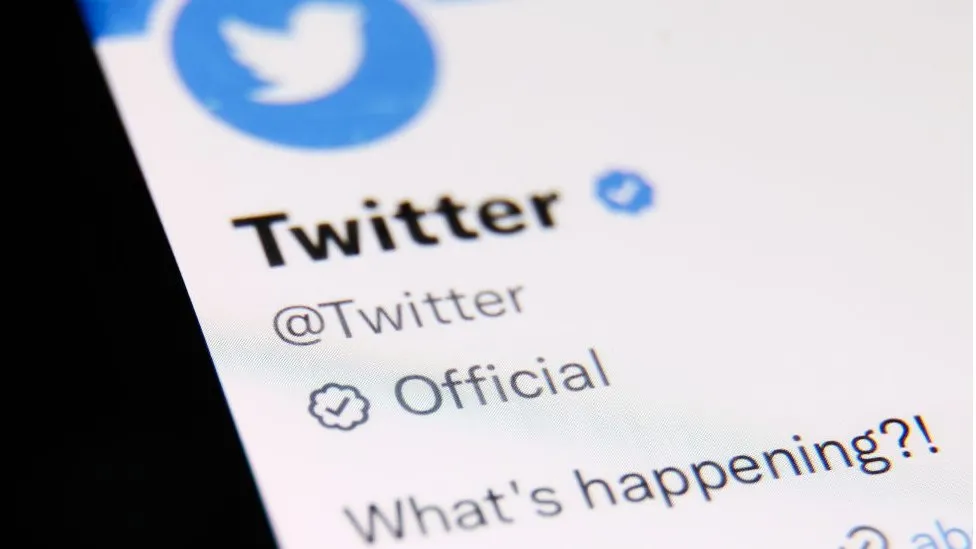Is this really the end of Twitter?

The hashtag "RIPTwitter" is trending and lots of the site's users are scrambling to download their data.
They're also sharing alternative places to find them (consumer champion Martin Lewis, who has two million Twitter followers, has set himself up on Mastodon, although he admits he doesn't know how to use it yet).
Twitter's new boss Elon Musk, never one to ignore a trend, tweeted a meme of a gravestone with the Twitter logo on it.
Staff have been leaving in their droves - half the workforce was laid off by Mr Musk one week after he completed his purchase of the platform, and many more are choosing to leave since he sent an email demanding "hardcore" working conditions and long hours from his remaining employees.
Quite a few of those departing, according to their Twitter bios, are engineers, developers and coders - the people who work on the guts of what makes Twitter function.
Let's take the two biggest vulnerabilities that could knock the blue bird off its perch very swiftly.
Could it be hacked?
The first and most obvious would be a catastrophic hack.
Twitter, like all big websites (including this one), will be constantly under attack from bad actors - even at state level - wanting to cause mischief. World leaders, politicians and celebrities all have personal Twitter accounts with millions of followers - a low-hanging fruit for a hacker wanting a lot of people to see their scam, as we have seen before.
Or they might just want it to disappear, so they bombard it with web traffic to see if it gets overwhelmed and shuts down that way. Attempts like this will be happening all the time - it's a constant battle.
Cyber-security is, or at least should be, an important part of any 21st Century company's day-to-day operations. Last week Twitter's head of cyber-security, Lea Kissner, left the company. It's not known if she was replaced. (Twitter also has no communications team, so there's no easy way to ask.)
Twitter's security is likely to be pretty robust. You can't run a site used by 300 million people every month that's held together with a bit of string. But that robustness requires continuing maintenance.
Think about your own phone, or laptop, and the regular security updates you have to install. That's because new vulnerabilities are regularly unearthed, new chinks in the armour that you didn't know you had, and it's the job of the provider to send you the fix.
-bbc






